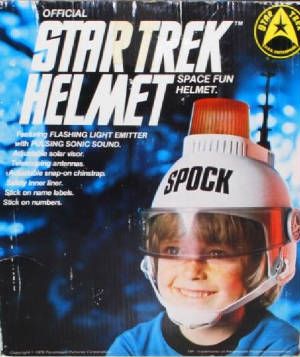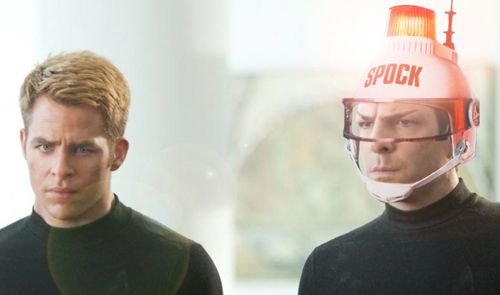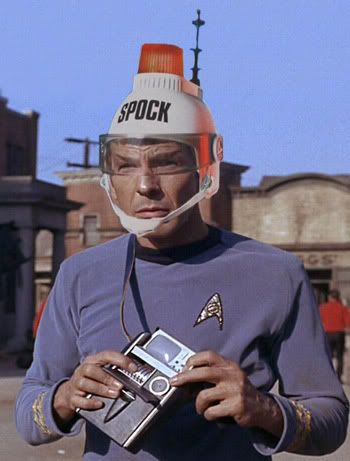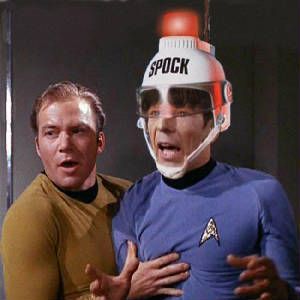Firstly, I'd like to say I'm
really surprised (and delighted) to see an American who knows about 'Robin of Sherwood', and how influential it was to the Robin Hood mythology and all subsequent incarnations of such on film and television. 1980s mullets aside, of course.

I have that show in my Netflix queue but haven't reached it yet. I'm curious, what elements did it add to the mythos? You mention it starting the trend of including a "Saracen" or similarly ethnic character to the cast, but what else? I recall reading that it featured some supernatural elements, but I haven't seen those in subsequent Robin Hood films and shows.
An example of former would be McCoy's backstory: most of us accepted his divorce and his teenage daughter, despite neither being given lip-service on screen at any point (his daughter was a near-miss; almost written into a script, and later given a namecheck in an episode of The Animated Series, but otherwise entirely absent). JJTrek went back to the source and officially 'canonized' the McCoy backstory. I can totally see elements of Chekov or Uhura or Kirk as first established on-screen in JJTrek becoming important to future portrayals of those characters, in ways that even the TOS originals weren't.
The films also canonized Uhura's first name and those of Kirk's parents, which originally came from the novels. But then,
The Undiscovered Country canonized Sulu's first name from the novels too, so it's happened before.
Or indeed the way the 'original' Superman was said to be unable to fly (merely "leap tall buildings in a single bound") and was at one stage grew up at an orphanage after his being discovered, before the Ma and Pa Kent backstory was added by later productions and became Supes' official backstory. And then there's Kryptonite, invented for one of the adaptations (the radio serial?), and then retroactively imported back into the comic book after-the-fact...
Actually I've recently been listening to the Superman radio series on the Internet Archive, and the original version of Superman's origin story was totally bizarre. Episode 1 tells the story of Jor-L (as his name was originally spelled) and the death of Krypton just as you'd expect, ending with the baby Kal-L being launched in a rocket from the dying planet -- but then episode 2 opens with an
adult Superman arriving in that selfsame rocket in his full costume, somehow with a full knowledge of 1940s American English. He leaves the rocket, flies around for a bit, then rescues a random professor and his son on a runaway bus. When they ask what they can do to repay him, he asks where a guy can go to learn about crises as soon as possible, and the professor suggests getting a job at a newspaper -- along with adopting Earth clothes and a secret identity. The boy suggests the name "Clark Kent" on the spur of the moment. And that's his entire origin. It's odd that they went that route, given that the comics had already established in 1939 that he'd arrived as an infant and been raised by adoptive parents.
A couple of years later, in 1942, the series went on hiatus for 6 months and then returned in a slightly new format, and they took the opportunity to reboot the origin. The second episode of that series is titled "Eben Kent Dies in Fire; Clark Goes to Metropolis." Unfortunately, that episode, like many episodes of the restarted series, has been lost, but it's evident from the title that it used the same version of the origin story given in the 1942 novel
The Adventures of Superman by George Lowther, who was the director of the radio series (an origin also used in the Kirk Alyn serials and George Reeves TV series). Lowther's novel also introduced the spelling Jor-El for Superman's birth father.
And yes, the radio series did introduce kryptonite, though there was an earlier unpublished comics story called "The K-Metal from Krypton" that may have been an inspiration.







